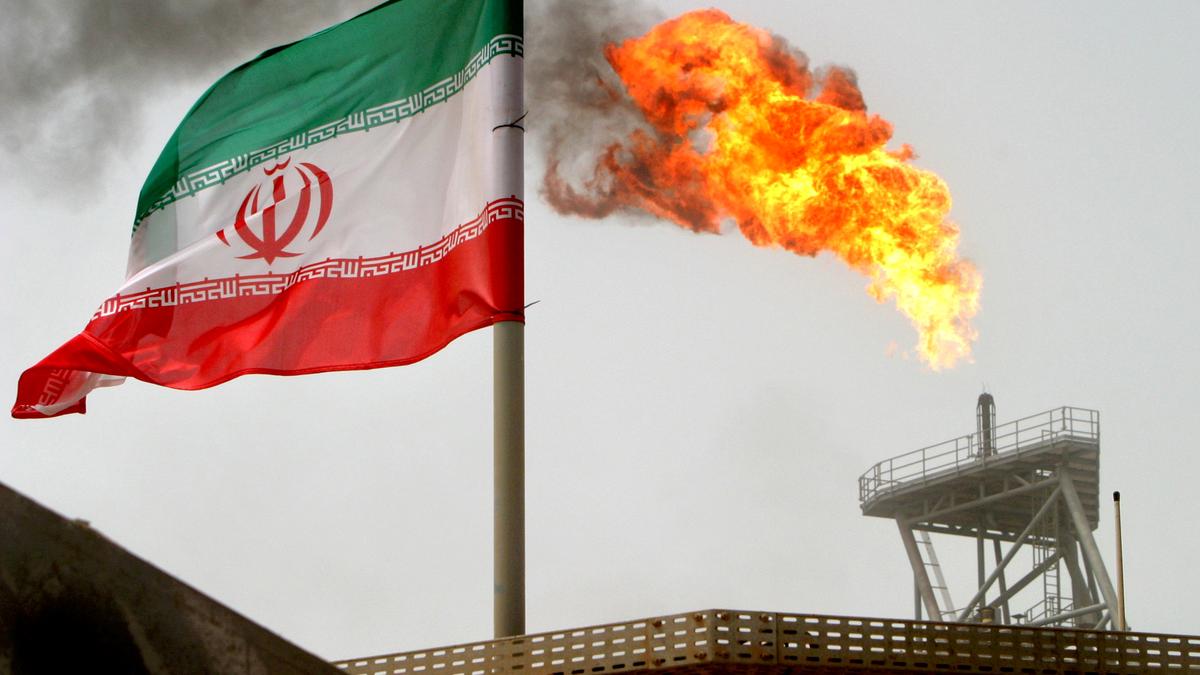Description

Disclaimer: Copyright infringement not intended.
Context
- Denmark is working towards exiting the Energy Charter Treaty, its energy ministry said, casting further doubt over an international agreement that critics say has become an obstacle to tackling climate change.
About the treaty
- The 1998 Energy Charter Treaty (ECT) protects investments in both green energy and fossil fuels, allowing companies to sue governments over policies affecting their investments.
- The Energy Charter Treaty provides a multilateral framework for energy cooperation that is unique under international law.
- It is designed to promote energy security through the operation of more open and competitive energy markets, while respecting the principles of sustainable development and sovereignty over energy resources.
.jpeg)
History
- The Energy Charter Treaty was signed in December 1994 and entered into legal force in April 1998.
Membership
- Currently there are fifty-three Signatories and Contracting Parties to the Treaty. This includes both the European Union and Euratom.
Focus Areas
- The Treaty's provisions focus on four broad areas:
- the protection of foreign investments, based on the extension of national treatment, or most-favoured nation treatment (whichever is more favourable) and protection against key non-commercial risks;
- non-discriminatory conditions for trade in energy materials, products and energy-related equipment based on WTO rules, and provisions to ensure reliable cross-border energy transit flows through pipelines, grids and other means of transportation;
- the resolution of disputes between participating states, and - in the case of investments - between investors and host states;
- the promotion of energy efficiency, and attempts to minimise the environmental impact of energy production and use.
Working in the recent years
- In recent years it has been used to challenge policies that require fossil fuel plants to shut – prompting a handful of European Union countries to announce plans to quit the ECT.
- The 27-country EU – whose members make up roughly half of the treaty’s signatories – is considering a joint EU exit, after France, Germany, the Netherlands, Poland and Spain already announced plans to quit.
- Treaty members negotiated reforms to the ECT last year, but EU countries rejected them – meaning the reforms cannot yet apply.
- An EU exit would require support from at least 15 EU countries and the European Parliament, which has already backed a resolution calling for the idea.
|
PRACTICE QUESTION
Q) Energy Charter Treaty is an international agreement that critics say has become an obstacle to tackling climate change. Comment. (250 words)
|

https://theprint.in/environment/denmark-latest-eu-country-to-plan-energy-charter-treaty-exit/1517075/
Array
(
[0] => daily-current-affairs/energy-charter-treaty
[1] => energy-charter-treaty
)









